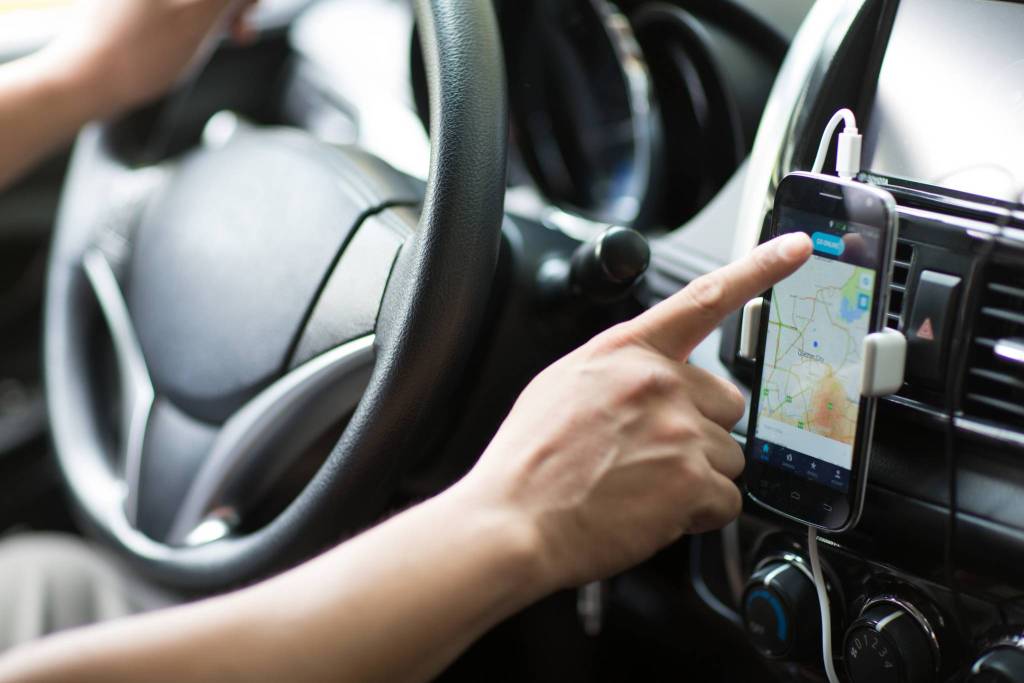The ridesharing service, Uber, has had a $1 billion impact on Florida’s gross domestic product, that’s according a first of its kind report prepared by the Economic Development Research Group (EDR Group) which measured the economic impact of Uber in Florida.
The findings of the report show the net economic impact to Florida is $134 million.
“Uber is proud to unveil this initial report that provides measurable details about how Uber’s platform generates economic benefits and how it impacts riders and drivers throughout Florida, leading to additional effects on our state’s diverse economy,” said Kasra Moshkani, general manager for Uber in the Southeast.
EDR Group’s study shows that take-home payouts for Uber partners in 2017 reached $870 million in Florida.
The report comes a year after state lawmakers enacted uniform, statewide regulations for ridesharing in Florida. Prior to that, ridesharing rules were complicated in Florida as local communities enacted their own, separate regulations for companies like Uber and Lyft.
“Since Florida lawmakers voted in 2017 to remove roadblocks and allow residents and visitors alike to have choices when it comes to transportation, the economic impact of ridesharing, particularly Uber, proved what Florida businesses have said all along: when government gets out of the way, and the market is allowed to flourish, the economy will prosper,”said Tom Feeney, President/CEO, Associated Industries of Florida.
The economic impact report shows Uber riders travel for a variety of reasons throughout the day. Those reasons include shopping, healthcare, school, work, and recreation, with 25 percent of Uber riders in Florida using the service for their daily commutes.
“No matter where you live, work, or play in Florida, Uber is at the forefront of the mobility conversation: upward mobility for driver partners with flexible hours and a reliable income, and transportation mobility for people to make trips and visit destinations they would not have otherwise have accomplished,” said Julio Fuentes, President/CEO, Florida State Hispanic Chamber of Commerce.
Overall, 87 percent of Uber drivers also earn income from other sources. The report indicates the importance of schedule flexibility is significant and the most common benefit for drivers. Seventy-six percent of of Uber drivers in Florida report benefitting from its schedule flexibility.According to the report, 63 percent of Uber drivers drive less than 20 hours per week.



Lets be a bit more transparent please. Let us know how much UBER Technologies, Inc. has made (gross revenue, since the data they boast boast about is also the gross amount) off of its driver “partners”. I’m sure everyone will have a jaw-dropping experience as their ever-changing (and not for the benefit of their drivers) commission structure is getting them over 50%, not 20 or 25 percent as they keep trying to advertise to potential partners (can you say class-action lawsuit?). Also, can some tree-loving statistician come up with the amount of added traffic and pollution being caused by the overabundance of drivers in many of its markets? That’s the data I am really interested in checking out!